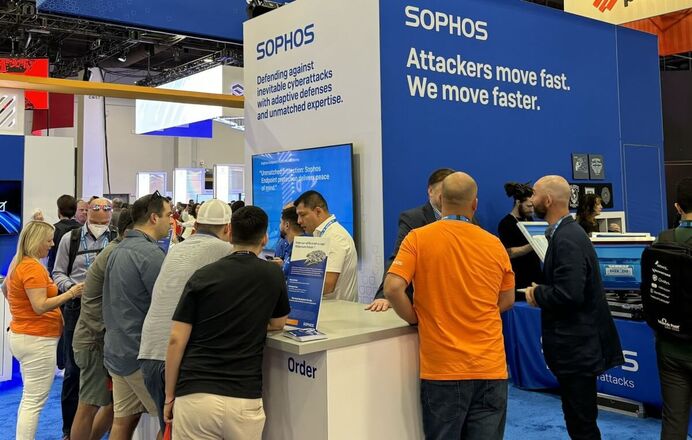
As enterprises double down on digital transformation, a new class of intelligent automation is gaining traction: AI agents. According to Cloudera’s newly released global survey ‘The Future of Enterprise AI Agents,’ nearly every IT leader surveyed plans to expand their use of these agents within the next year.
The study, which gathered insights from almost 1,500 IT executives across 14 countries, reveals that 96% of respondents expect to scale their use of AI agents in the coming 12 months – with half planning significant, organization-wide rollouts.
AI agents – also known as agentic AI – go well beyond basic automation. These systems are capable of reasoning, adapting, and acting in real time. Their expanding role is not just about efficiency, but about enabling agility, reducing costs, and delivering more personalized customer experiences. The survey underscores this momentum, with 83% of respondents stating that investing in AI agents is now essential to maintain a competitive edge.
The top use cases reflect this broad potential. Performance optimization bots (66%), security monitoring agents (63%), and development assistants (62%) lead the list of implementations underway or planned. These tools are increasingly being woven into core business functions, providing actionable insights and real-time responsiveness across departments.
“AI agents have moved beyond experimentation – they’re now delivering real automation, efficiency, and business results,” said Abhas Ricky, Chief Strategy Officer at Cloudera. “We’re seeing enterprises run hundreds of models in production, all demanding high-fidelity, well-managed data to drive better outcomes. Agentic AI is taking center stage in 2025 – building on the generative AI wave, but delivering deeper operational value.”
Hybrid Strategies Drive Enterprise AI Agent Adoption
While deployment is ramping up, companies face several common challenges. Chief among them are data privacy concerns (53%), the complexity of integrating with legacy systems (40%), and high implementation costs (39%). These roadblocks, according to Cloudera, all point to one core issue: the need for robust and unified data management strategies. Without this foundation, organizations may struggle to fully realize the benefits of AI agents.
The report highlights a hybrid strategy in how enterprises are adopting AI agents. About 66% are building their agents on enterprise AI infrastructure platforms, while 60% are leveraging agentic capabilities embedded in existing applications. This dual approach reflects a preference for deployments that are scalable, secure, and close to where the data lives.
Cloudera also emphasizes the importance of a practical starting point. Rather than launching massive projects, organizations are advised to begin with a “fast-to-value” use case – such as an internal IT support agent. These pilot projects can demonstrate clear ROI, build internal support, and provide the blueprint for more ambitious implementations.
The findings offer a detailed look at how AI agent adoption is evolving by sector:
- Finance & Insurance: Fraud detection is the most popular use case (56%), followed by risk assessment (44%) and personalized investment advisory tools (38%). Agents in this space are helping to flag suspicious transactions in real time, simulate market scenarios, and assist advisors with data-driven recommendations.
- Manufacturing: Companies are using AI agents to automate repetitive tasks (49%), optimize supply chains (48%), and conduct real-time quality control (47%). These agents are being deployed to monitor production lines for defects, reroute logistics in real-time, and reduce operational inefficiencies.
- Healthcare: AI agents are making a strong impact by streamlining appointment scheduling (51%), providing diagnostic support (50%), and processing electronic medical records (47%). Their role is particularly valuable in reducing administrative workloads and enhancing clinical decision-making.
- Telecommunications: Innovation in this industry is being driven by customer service bots (49%), customer experience agents (44%), and security monitoring agents (49%). These AI solutions help resolve technical issues in real time, identify churn risks using behavioral data, and proactively secure networks against threats.
The rise of agentic AI represents more than just another phase in enterprise automation – it marks a turning point in how companies operate. By integrating intelligent agents into mission-critical workflows, businesses are not only improving efficiencies but also building the digital infrastructure required to thrive in an increasingly complex and competitive global market.
As Cloudera’s report makes clear, the future of enterprise AI is no longer theoretical. It’s already here – and scaling fast.





